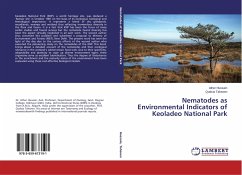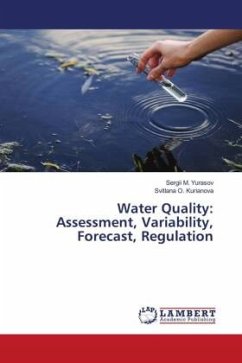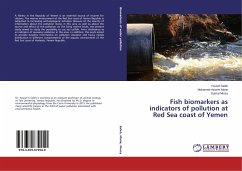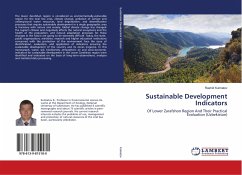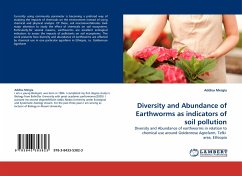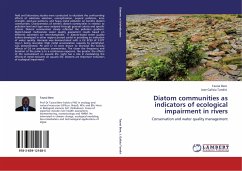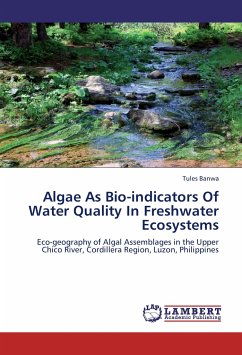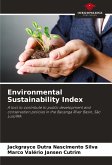Keoladeo National Park (KNP), a world heritage site, was declared a 'Ramsar site' in October 1981 on the basis of its ecological, biological and limnological importance. It represents a blend of dry grasslands, woodlands, swamps and wetland thus reflecting tremendous diversity in the flora and fauna. It is a fact that KNP has been the focus of many earlier studies and faunal surveys but the nematode faunal diversity has been the aspect virtually neglected in all such work. The second author thus conceived this problem and submitted a proposal to Ministry of Environment and Forests (MEF), New Delhi. The present work has seen the light of the day due to the curious efforts of the second author who executed the pioneering study on the nematodes of the KNP. This book brings about a detailed account of the nematodes and their ecological relevance in the wetland's subterranean food web. Due to their specificity, adaptability and plasticity to cope up diverse environment types, these organisms serve as excellent bioindicators. Thus the degree of disturbance or the enrichment and the maturity status of the environment have been evaluated using these cost-effective biological models.
Bitte wählen Sie Ihr Anliegen aus.
Rechnungen
Retourenschein anfordern
Bestellstatus
Storno

